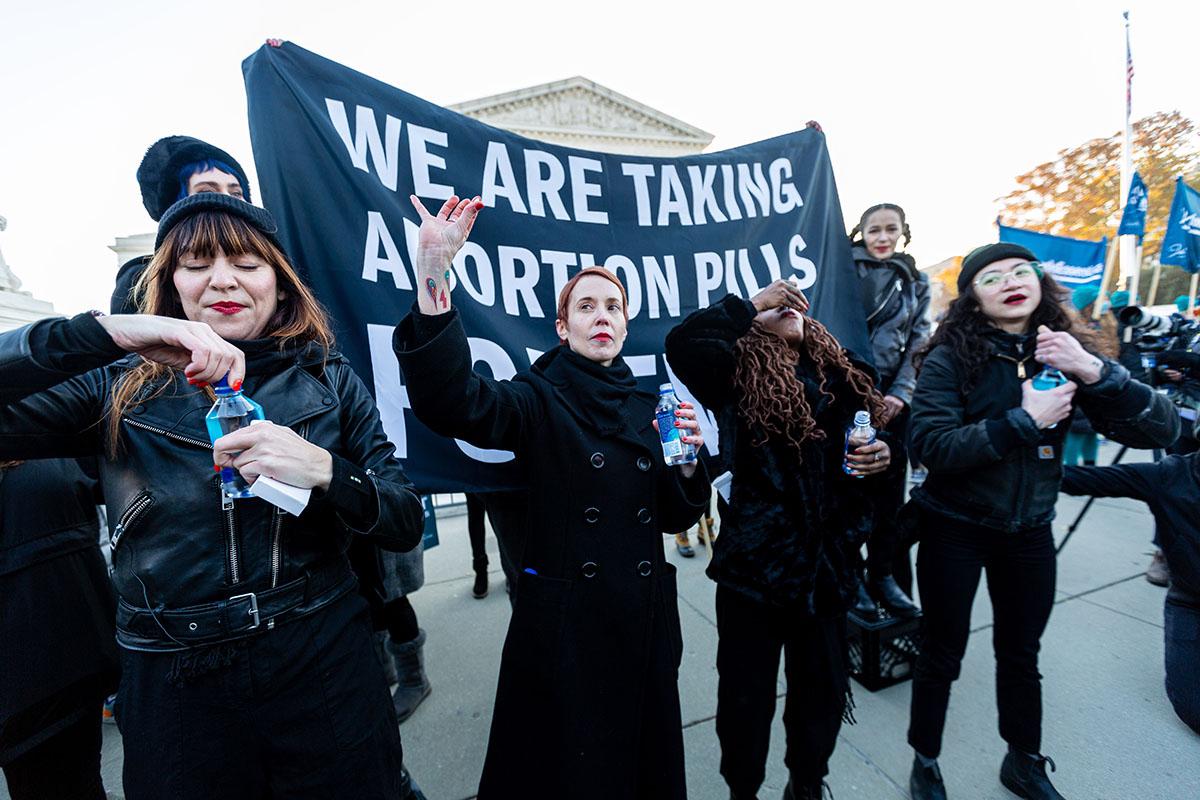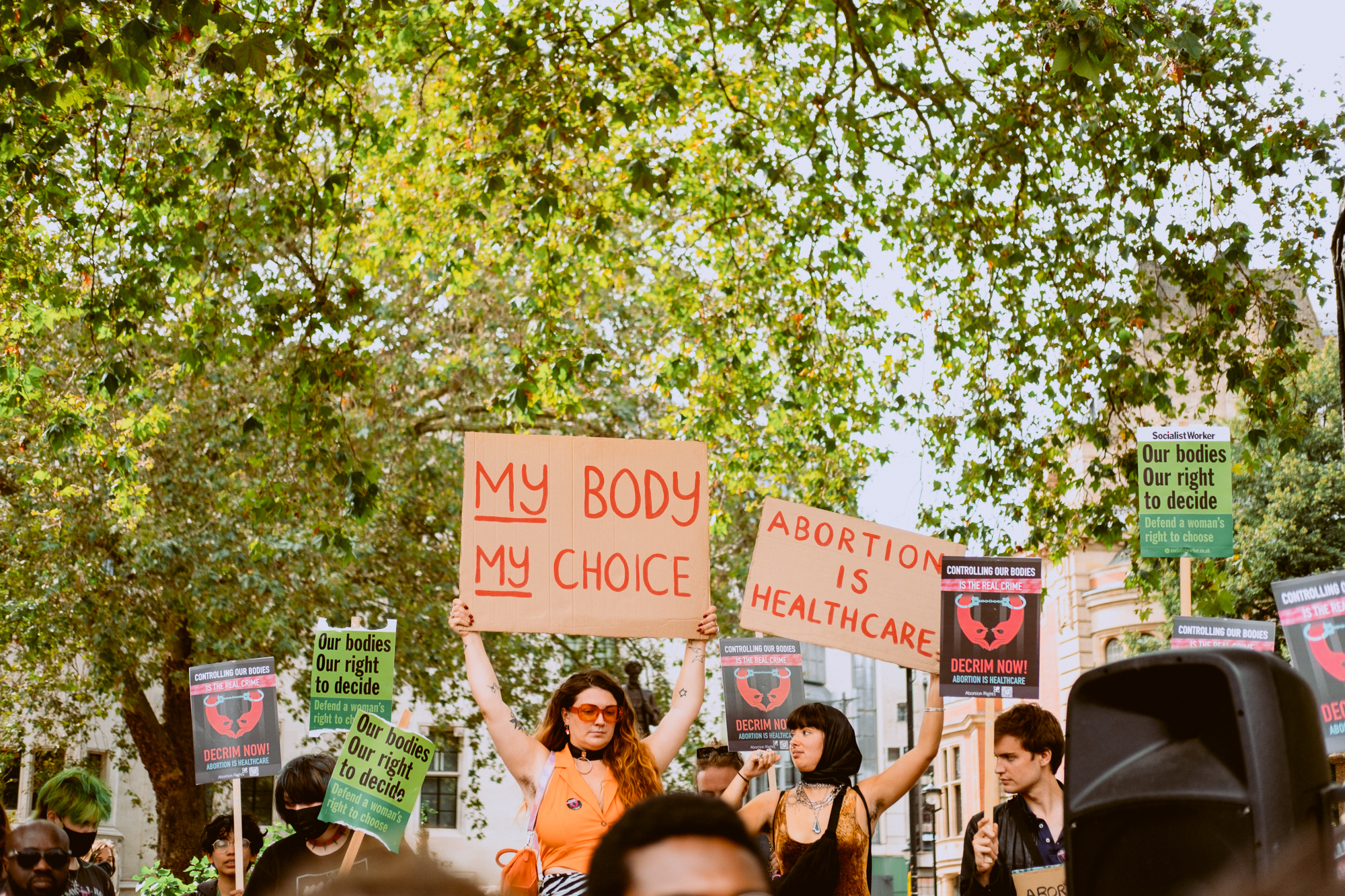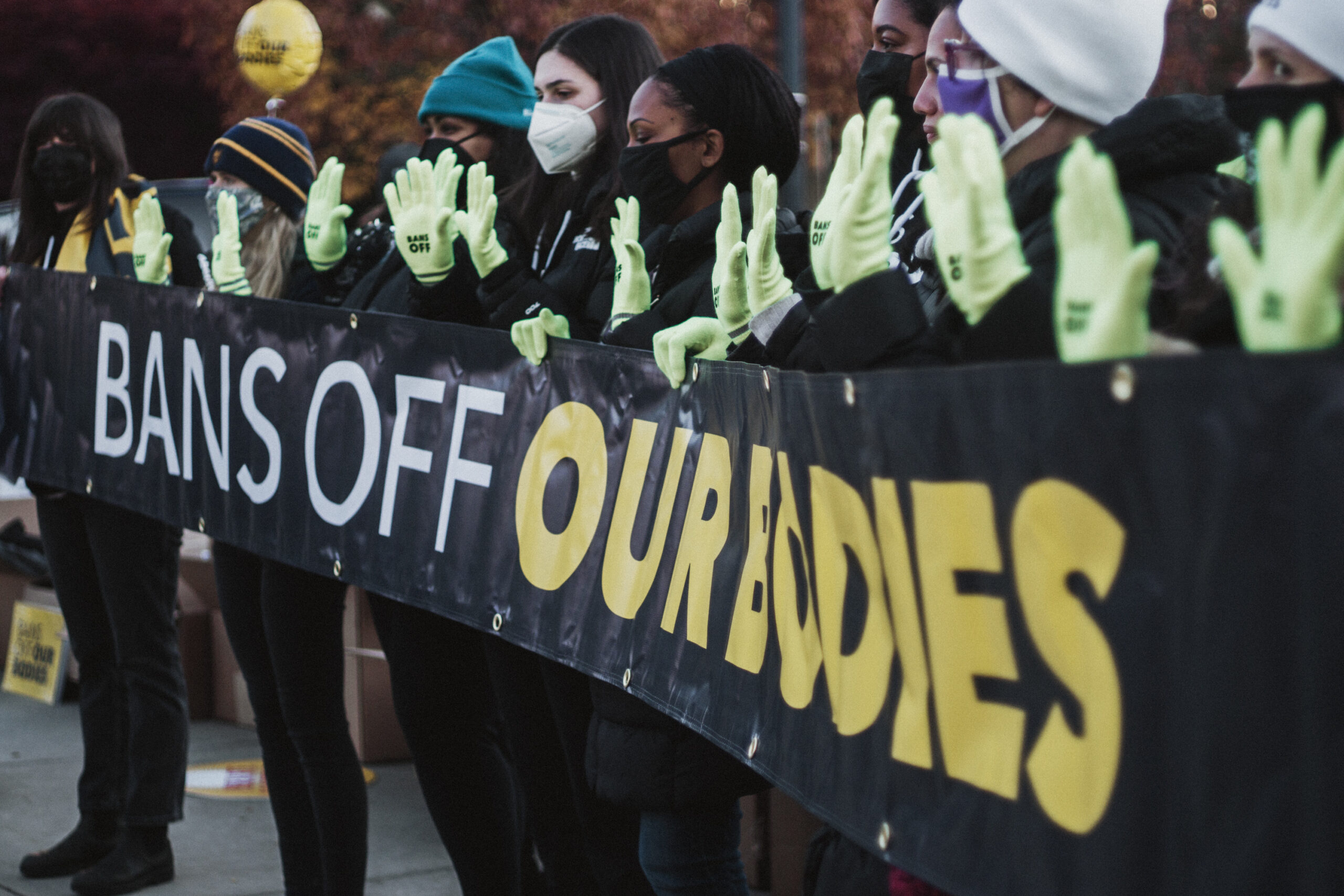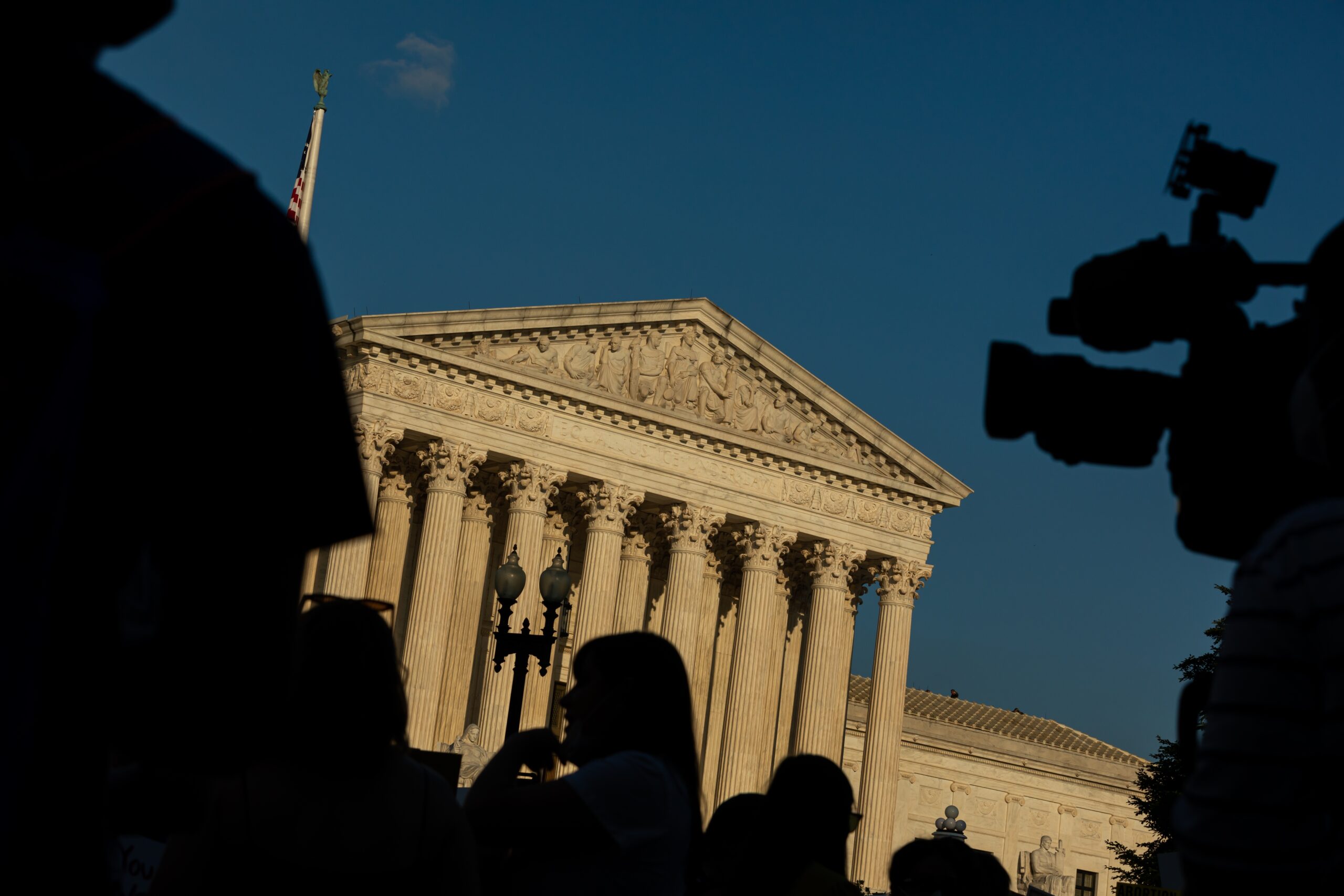Abortion debt: revolutionary acts and reclamations of care
Photo credit: Melisa Slep By Rishita Nandagiri and Lucía Berro Pizzarossa Discussions about abortion tend to be dominated by considerations pertaining to medicine (e.g., “safety”) and law (e.g., “legality”). Medication abortion — misoprostol alone or in combination with mifepristone — has dramatically shifted these discussions. Brazilian women used misoprostol to self-manage their abortions in the…









